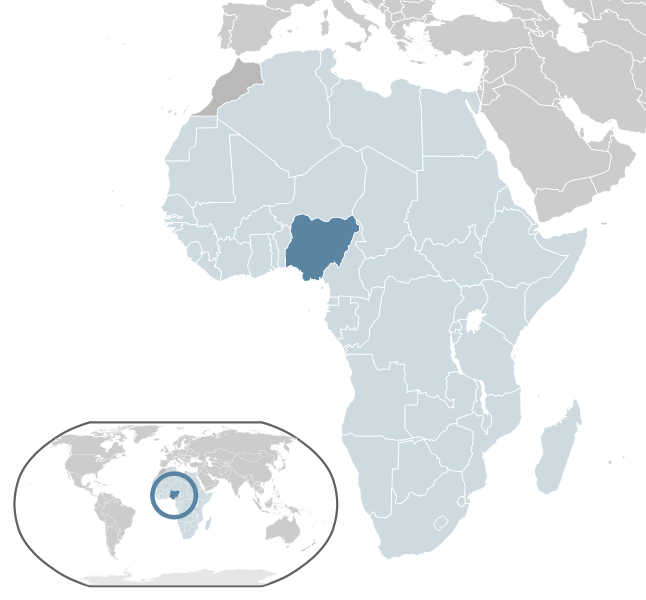Nigeria’s Federal Ministry of Health has interrupted transmission of river blindness in two large states and as a result will stop mass drug administration (MDA) of ivermectin (Mectizan®) in 2018.

About 2 million residents of Plateau and Nasarawa states will no longer be taking this medicine because the potentially blinding tropical disease, known in the medical field as onchocerciasis, is no longer being transmitted in the area. The government of Nigeria and The Carter Center have been working together on the MDA program for more than 25 years.
“River blindness has burdened Nigerians since the days of our ancestors,” said Professor Isaac Adewole, honorable minister of health for Nigeria. “With the support of The Carter Center and other important partners, we are lifting this burden. What we need to do is complement this good work with careful surveillance to be sure the infection does not reoccur. In that way we can put river blindness into the dustbin of history.”
River blindness is a parasitic infection that can cause intense itching, skin discoloration, rashes, and eye disease that often leads to permanent blindness. The parasite is spread by the bites of infected black flies that breed in rapidly flowing rivers and streams. In Plateau and Nasarawa states the fight against the parasite has been based on annual mass administration of the drug Mectizan® (ivermectin, donated by Merck & Co. Inc., Kenilworth, N.J., USA), which kills the parasitic worms in their larval stage. The Mectizan tablets are distributed by a vast network of local volunteers who are selected by their communities.
“Nigeria is the most endemic country in the world for river blindness, accounting for as much as 40 percent of the global disease burden,” said Dr. Frank Richards, director of the Carter Center’s River Blindness Elimination Program.
“Stopping the mass drug administration program in Plateau and Nasarawa states is a major achievement,” Richards said. “But we must be careful to monitor closely over the next few years to be assured that it does not come back. This will require continued effort and perseverance.”
Dr. Yao Sodahlon, director of the Mectizan Donation Program, called the development “an unprecedented historical moment in onchocerciasis elimination.” Tens of millions of Mectizan treatments have been donated by the company over the last two decades to support elimination of this ancient disease in Plateau and Nasarawa states.
“This will be not only a first for Nigeria,” Sodahlon said. “It is the largest ‘stop MDA decision’ in the history of the struggle against onchocerciasis.”
This decision to stop MDA was made based on World Health Organization guidelines. Over 6,000 people and more than 18,000 vector black flies were tested and found free of river blindness infection, which helped to confirm that treatment could be stopped.
The breakthrough is the latest in a series of public health successes for the government of Nigeria-Carter Center partnership. Transmission of Guinea worm disease was stopped in Nigeria, once the world’s most endemic country, in 2008, and Nigeria was certified free of that disease in 2013. Trachoma was eliminated as a public health problem in Plateau and Nasarawa states in 2014, and in October 2017, the partners announced that the disfiguring disease lymphatic filariasis had been eliminated as a public health problem there as well.


One thought on “Nigeria: River blindness transmission interrupted in Plateau and Nasarawa states”